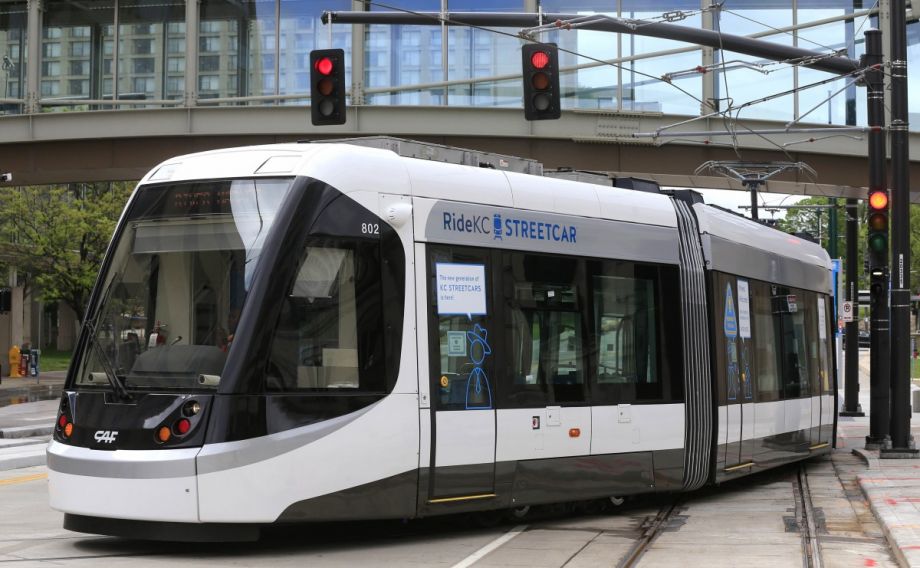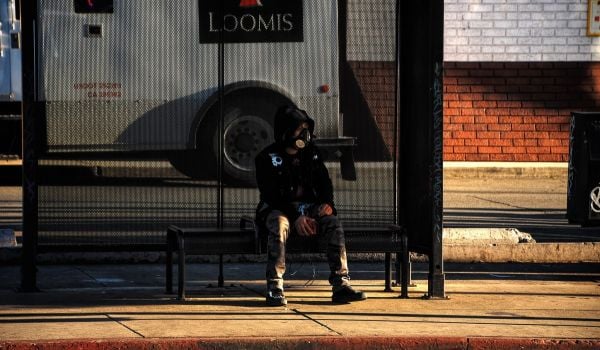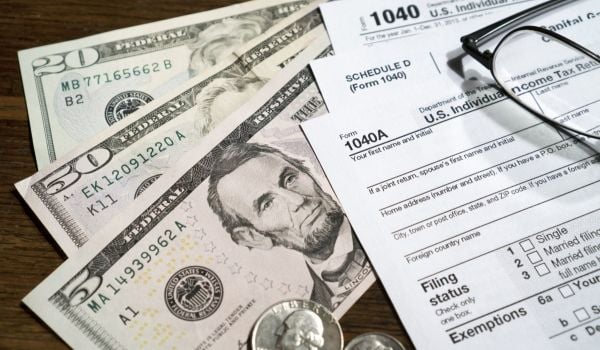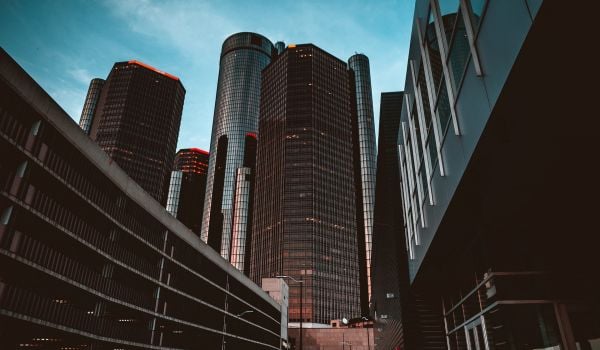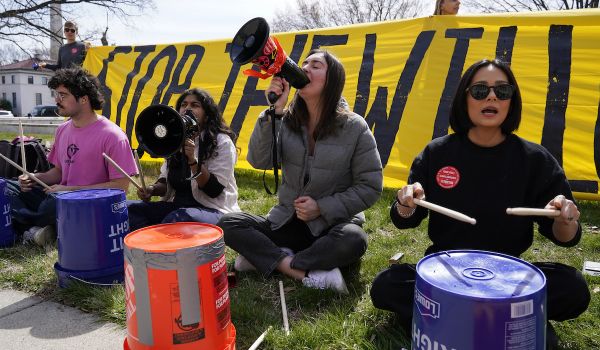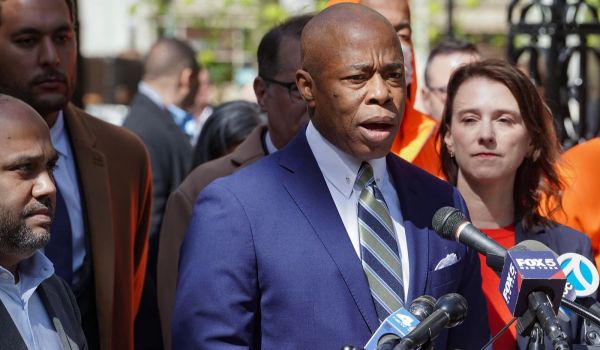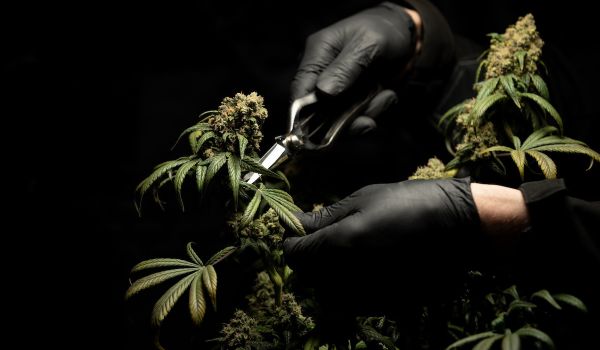Our weekly “New Starts” roundup of new and newsworthy transportation projects worldwide.
Judge OKs Citizen Petition for K.C. Streetcar Extension
A Jackson County circuit court judge has ruled that a citizen-initiated plan to extend the taxing district that funds KC Streetcar may be put to a vote, The Kansas City Star reports.
The expansion of the district would allow the current 2.2-mile route from the River Market to Union Station to extend another 3.75 miles south along Main Street to serve the Country Club Plaza and the University of Missouri-Kansas City campus.
Judge J. Dale Young ruled that a petition signed by 50 Kansas City residents to hold elections to extend the district were legally submitted and the proposed taxing district would not place an undue burden on property owners living in it.
The Kansas City Regional Transportation Alliance, a transit advocacy group, launched the petition campaign after a more ambitious city-sponsored streetcar extension proposal was defeated at the polls in 2015.
The ruling is just the first step toward extending the streetcar. Under the Missouri law that governs citizen petitions to create “transportation development districts,” three separate elections must be held before the district can be created. The first one, a mail-in election to authorize the district’s creation, will take place next spring because the city asked the KCRTA to delay it in order not to interfere with a major citywide infrastructure bond vote set for April 4. If the district is approved, there will be a second vote to elect district board members, followed by a third mail-ballot election sometime between November 2017 and January 2018 to actually approve the taxes.
The district would raise half the estimated $227 million needed to extend the line through a 1-cent sales tax within the district boundary and special property tax assessments for 25 years on property owners within one-third mile of the line. The remainder would come from federal transit grants. The earliest service could begin would be 2023 because of the time needed to design and obtain approvals for the line.
In the meantime, The Star reports that the higher-than-projected ridership on the current streetcar line has packed its three running cars (a fourth is held as a backup) to the point where the KC Streetcar Authority is starting the process to buy two more streetcars. The custom cars won’t start rolling until 2019. The authority had estimated initial daily ridership of 2,700 when planning the line, based on other cities’ modern streetcar lines, but ridership since the line opened in early May has averaged more than twice that — 6,600 per day, with as many as 10,000 riders on Saturdays, when the farmers market at the City Market and various events and festivals draw visitors to downtown Kansas City. Revenues from taxes collected in the current streetcar taxing district are more than sufficient to cover the $3.5 million to $4 million each vehicle will cost.
The Streetcar Authority is also exploring the possibility of extending the current line eastward from its current northern end to serve an underused city park on the Missouri riverfront.
The Bulldozers Will Run Again in New Jersey
While New Jersey Gov. Chris Christie hasn’t officially called the road crews back to work yet, a compromise reached late last week in Trenton means that the state’s empty transportation trust fund will once again fill with money for road and transit projects.
The Philadelphia Inquirer reports that last Friday, the governor and legislative leaders agreed to a 23-cent-a-gallon increase in the state’s gasoline tax, which was last raised in 1988. New Jersey’s gas tax is currently 14.5 cents per gallon, the second lowest in the nation.
The compromise includes offsetting tax cuts. The state’s estate tax will be eliminated and the state sales tax cut by three-eighths of a percentage point by 2018, the year Christie leaves office. In addition, the state’s earned income tax credit (which helps low- and moderate-income families) and tax exemptions for pension income will be increased.
The financing plan, which the state legislature is set to vote on Oct. 5, will fund the state’s transportation program to the tune of $2 billion a year. When the governor and legislators couldn’t agree on a new funding package when the previous one ran out in June, Christie called a halt to all road construction projects statewide.
The governor’s office estimates that the increased gas tax will cost New Jerseyans between $184 and $276 a year, “depending on methodology,” but the tax cuts will save them “hundreds” of dollars each year. Those cuts are expected to total $164 million in 2017, rising to $1.4 billion by 2021.
New Commuter Rail Line Opens in Brisbane
Australian Prime Minister Malcolm Turnbull, Queensland Premier Annastacia Palaszczuk and Moreton Bay Regional Council Mayor Allan Sutherland formally opened the new Redcliffe Peninsula Line commuter rail service in an opening ceremony Oct. 3, Railway Gazette International reports.
Known until last month as the Moreton Bay Rail Link, the 12.6-km (7.8-mile) line runs from Petrie on the Caboolture line to Kippa-Ring in Moreton Bay on the Redcliffe Peninsula and has six stations. Queensland Rail will operate service at 6-to-12-minute headways during peak hours and at 30-minute intervals off-peak.
Global Rail News reports that the line cost A$988 million ($757.5 million U.S.) to build. The Australian federal government picked up about 60 percent of the total, the Queensland state government about one-third, and the Moreton Bay Regional Council the remainder.
The line serves a portion of the Greater Brisbane area whose population is projected to rise from 375,000 at present to more than 500,000 over the next 15 years. Brisbane is Queensland’s capital and largest city.
Know of a project that should be featured in this column? Send a Tweet with links to @MarketStEl using the hashtag #newstarts.

Next City contributor Sandy Smith is the home and real estate editor at Philadelphia magazine. Over the years, his work has appeared in Hidden City Philadelphia, the Philadelphia Inquirer and other local and regional publications. His interest in cities stretches back to his youth in Kansas City, and his career in journalism and media relations extends back that far as well.
Follow Sandy .(JavaScript must be enabled to view this email address)

